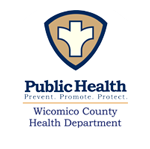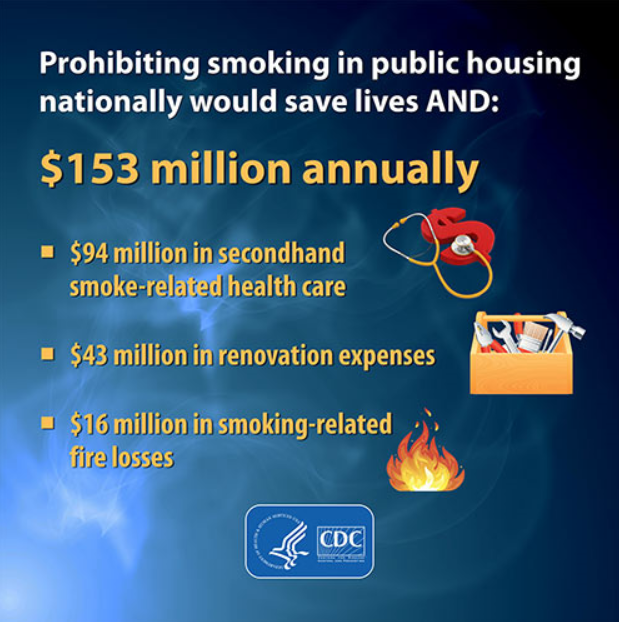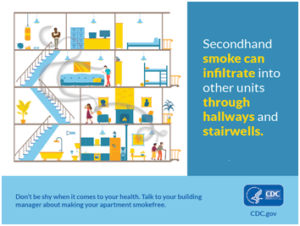Tobacco Use Prevention and Cessation
Information
A Program of the Prevention & Health Communications Department
Funded by: Cigarette Restitution Fund Program through the Maryland Department of Health
Stop Smoking Program: Are YOU READY to Quit for Good?
Stopping smoking is a GREAT choice! It is one of the most important things you can do to improve and extend your life.
Consider Your Options
- Cold Turkey: Completely stop smoking. Zero cigarettes. No quit aid medications.
- Step Down: Wean yourself off of cigarettes and nicotine by smoking less each day or each week.
- Quit Aid Medications: These medications can help to reduce nicotine cravings and ease withdrawal symptoms. Nicotine replacement patches, gum, lozenges, Zyban, and Chantix, are some of the most popular quit aids.
- Counseling Support: Group and individual sessions, phone quitlines and Internet sites can help connect you to professional quit coaches and others who are also quitting smoking.
How we can help:
The Wicomico County Cessation Program offers both group and individual support sessions/counseling. We also offer low cost quit aid medications (Nicotine Patches or Lozenges, or Chantix.) In order to take part in the program, you must:
- Reside in Wicomico County;
- Provide a signed medical clearance form and written prescription if you have chosen Chantix;
- Attend support sessions for at least 10 weeks.
Medications provided at no cost
Nicotine Replacement Patches, Nicotine Lozenges, Chantix.
(Medical Clearance Form For Chantix: click here )
Onsite Workplace Smoking Cessation Program
We provide onsite support sessions/counseling for workplaces. For more information call (410) 334-3480.
Health Care Provider Trainings
Looking to learn more about how to do brief interventions and counseling with smokers? Want to learn more about our programs or how to refer patients to the Cessation Program? We offer free training sessions for healthcare providers in Wicomico County. Call (410) 334-3480 for more information.
Youth and Tobacco Use
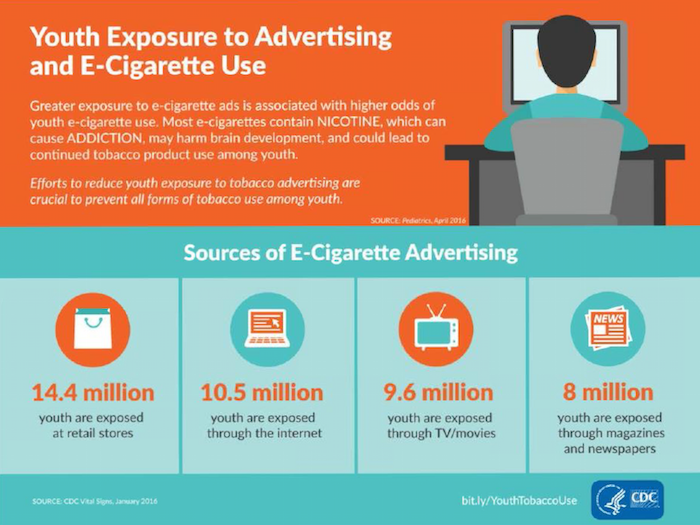
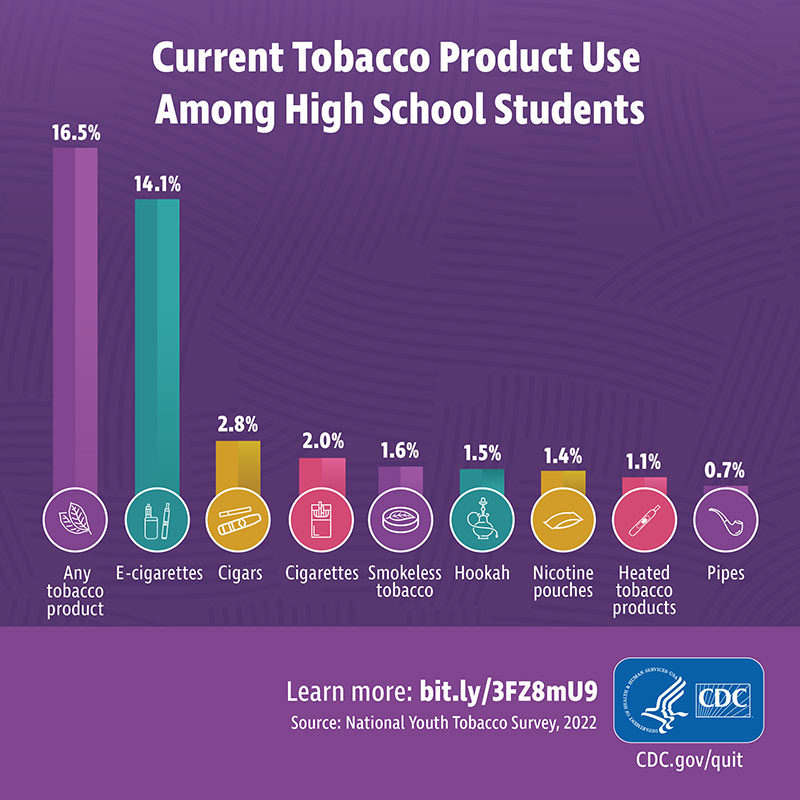
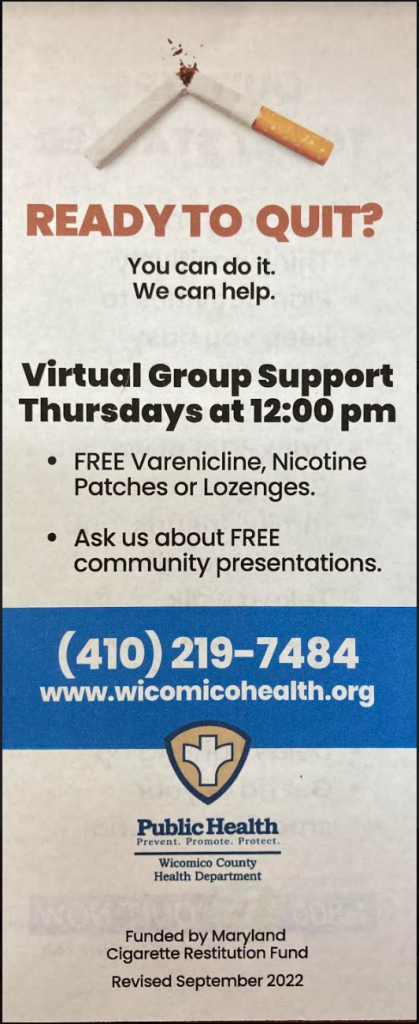
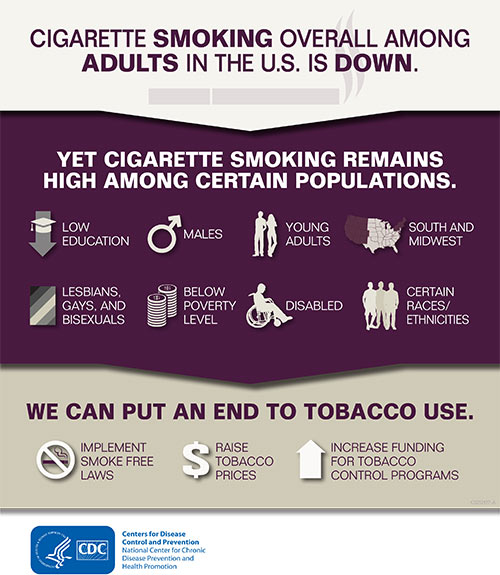

Smoking is much more common among adults with mental health conditions, such as depression and anxiety, than in the general population. About 3 out of every 10 cigarettes smoked by adults in the United States are smoked by persons with mental health conditions. Why smokers are more likely than nonsmokers to experience depression, anxiety, and other mental health conditions is uncertain. No matter the cause, smoking is not a treatment for depression or anxiety. Getting help for your depression and anxiety and quitting smoking is the best way to feel better.
Quitting smoking will not interfere with your mental health treatment or make your depression worse. In fact, research shows that quitting smoking can actually improve your mental health in the long run.
If you are a smoker and dealing with depression or anxiety, consider the following resources:
-
Call your mental health provider.
-
Get help from your primary doctor or other health care provider.
-
Contact the Wicomico County Health Department Stop Smoking Program 410-219-7484
-
1-800-Quit Now (1-800-784-8669)
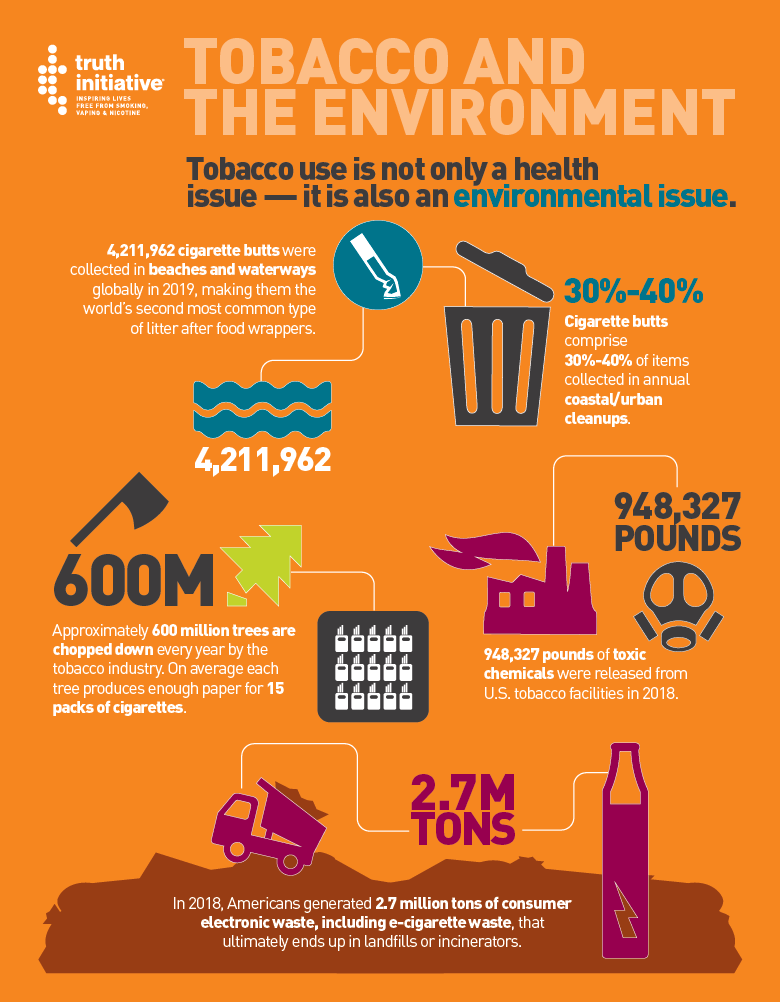
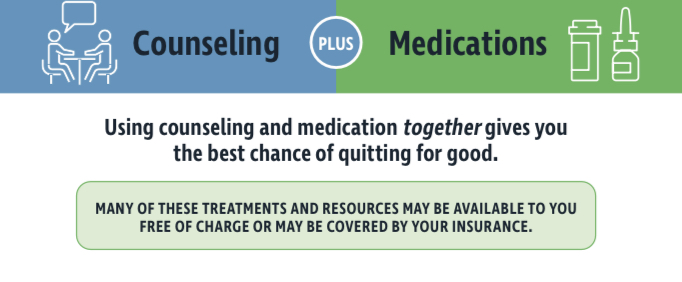
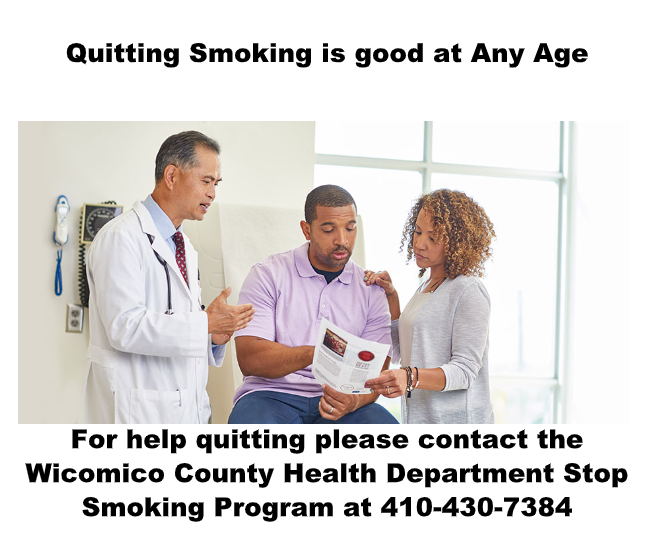
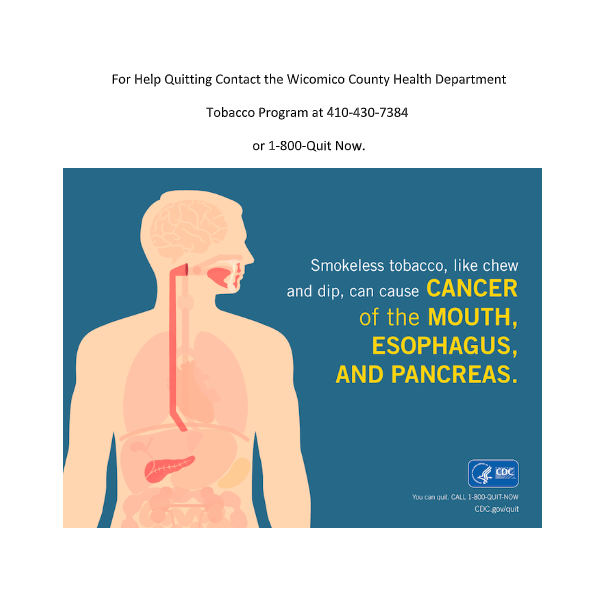


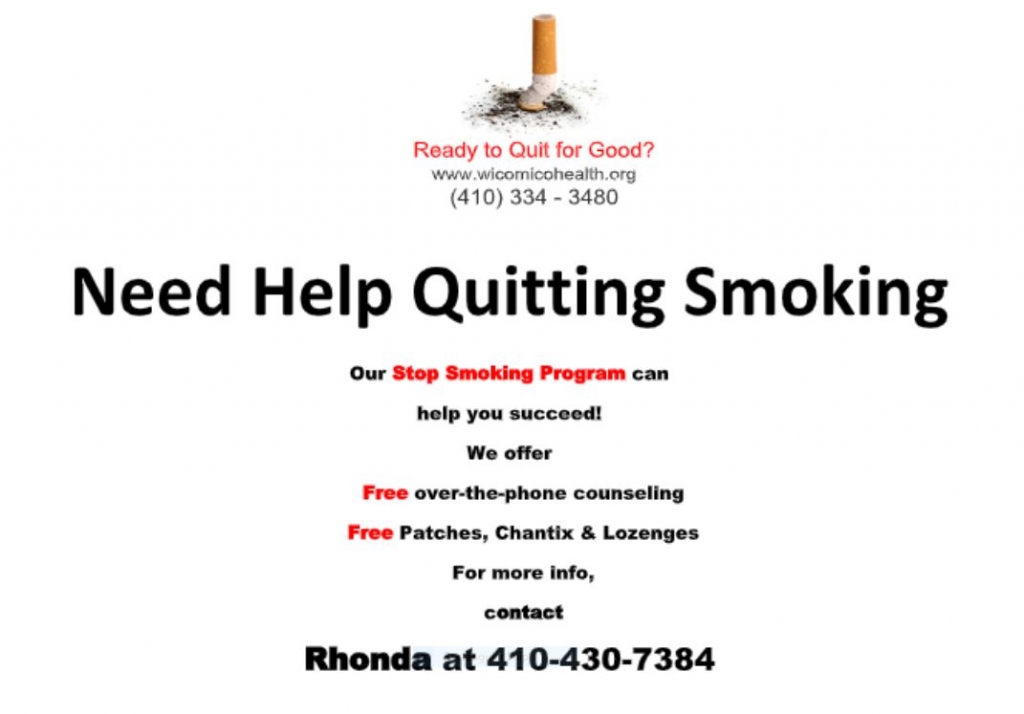
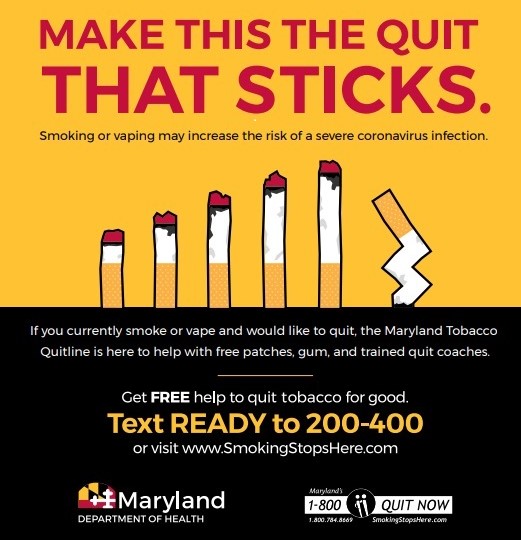
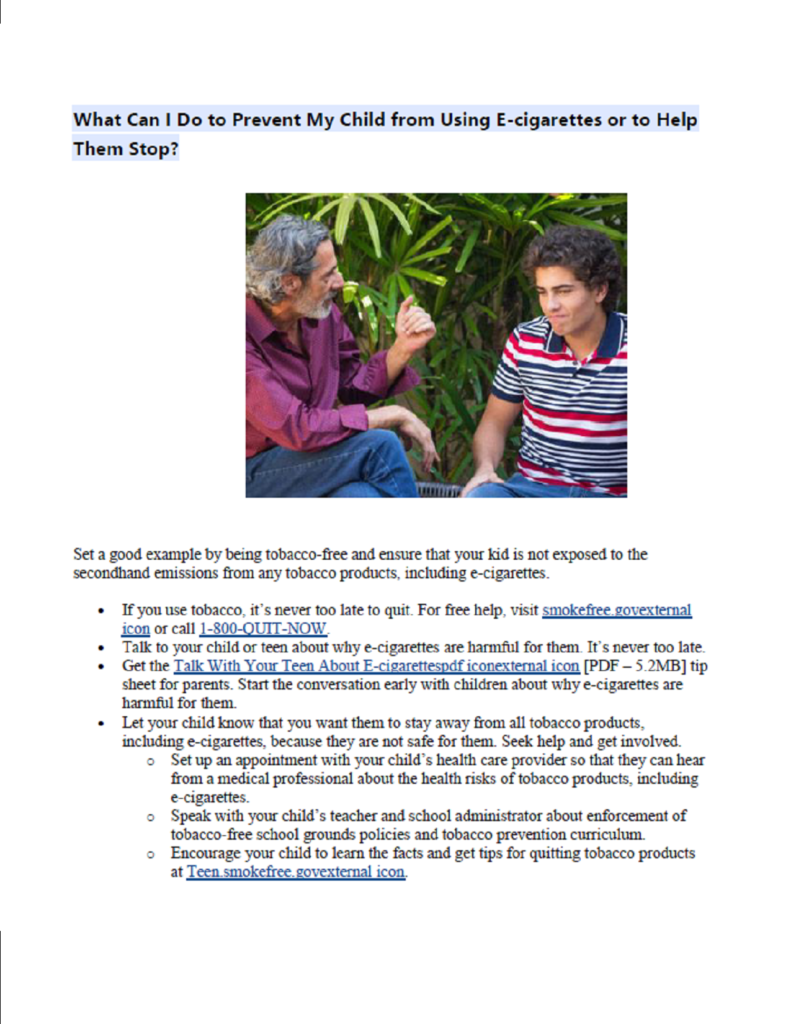 The 2018 National Youth Tobacco Survey revealed a startling rise in e-cigarette use by youth
The 2018 National Youth Tobacco Survey revealed a startling rise in e-cigarette use by youth
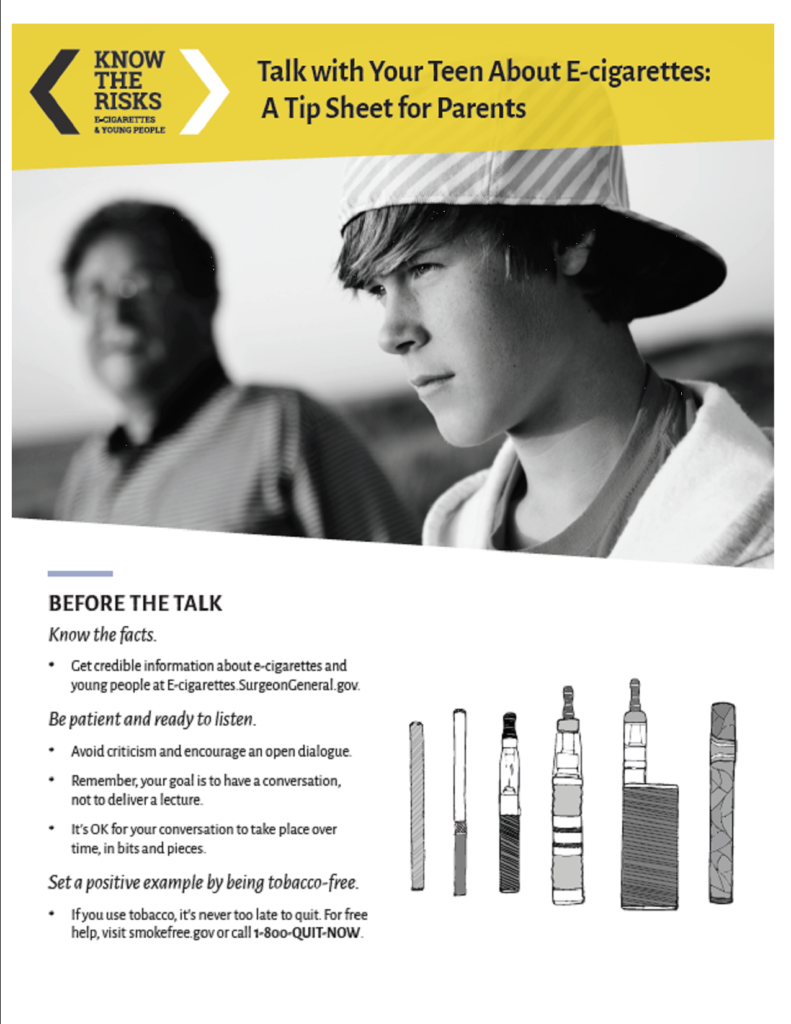
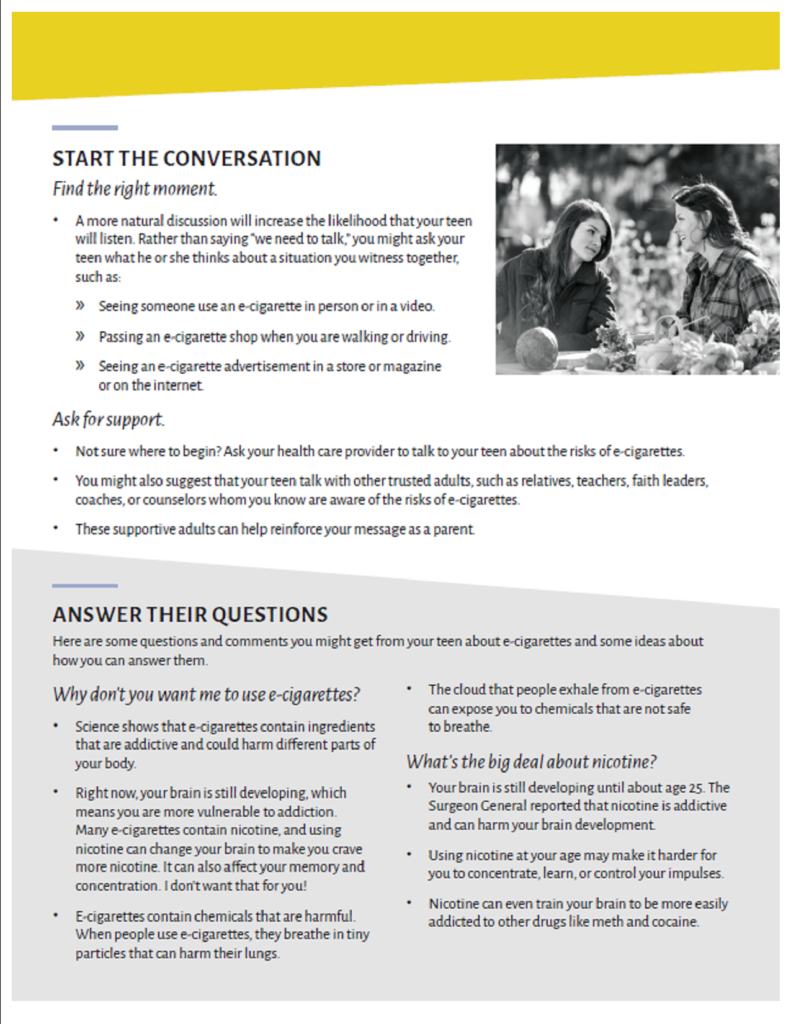
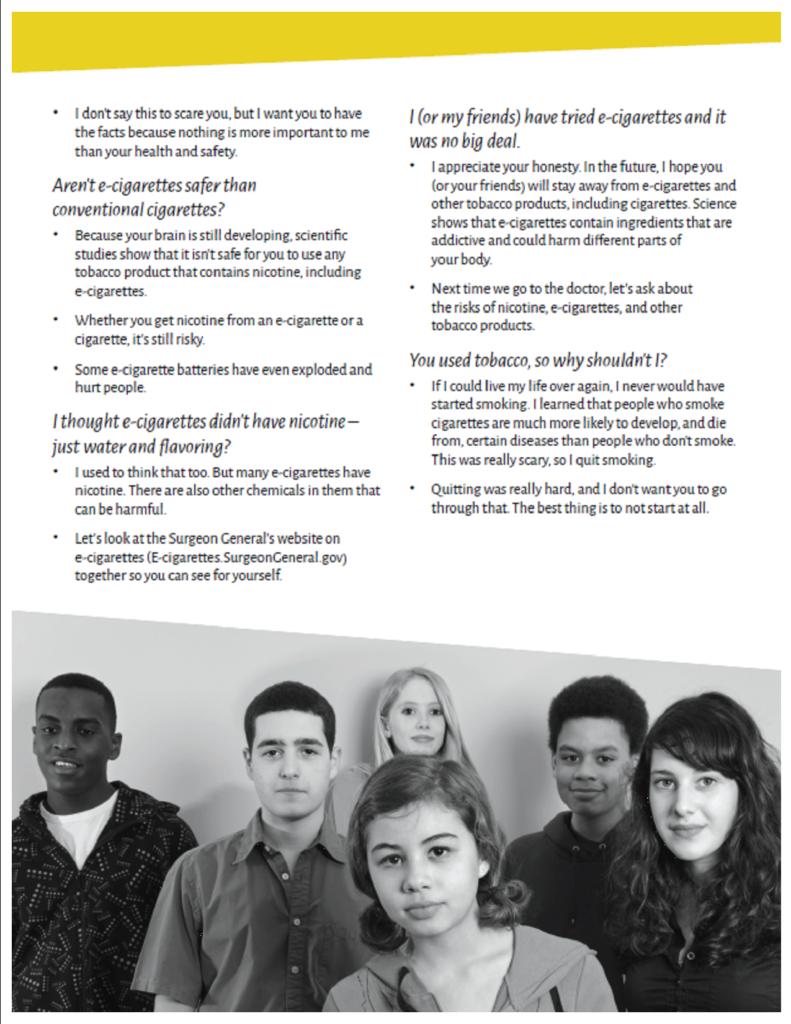
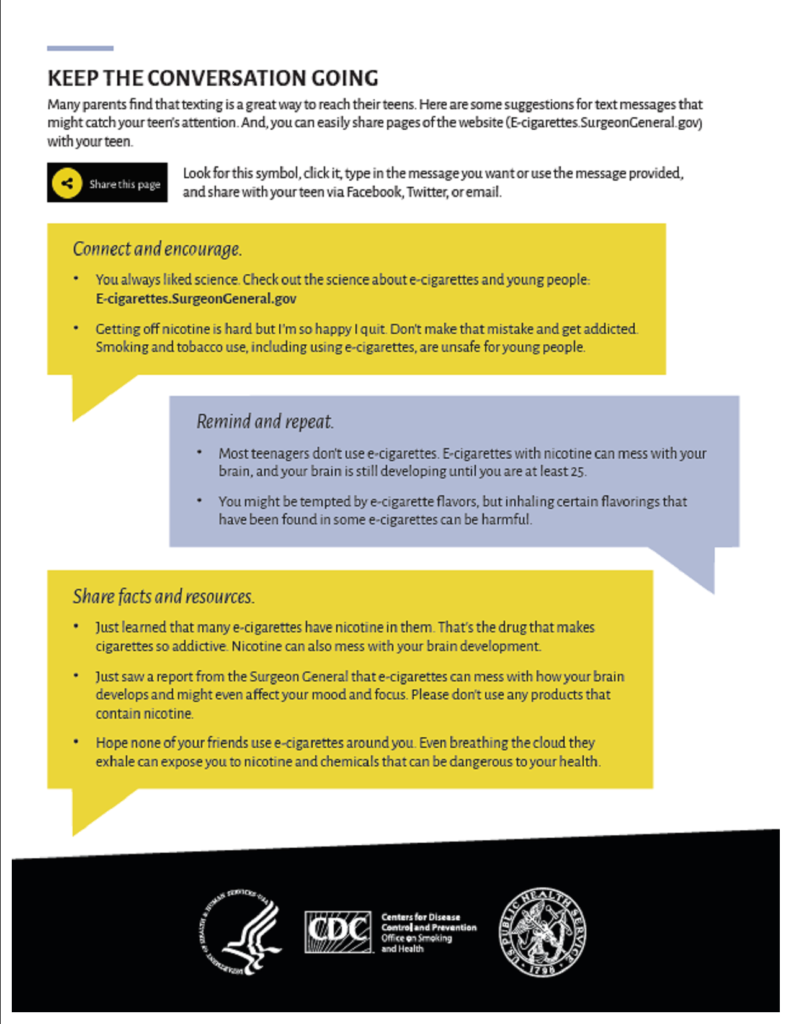

https://www.tobaccofreekids.org/
-Matt Myers President — Campaign for Tobacco Free Kids
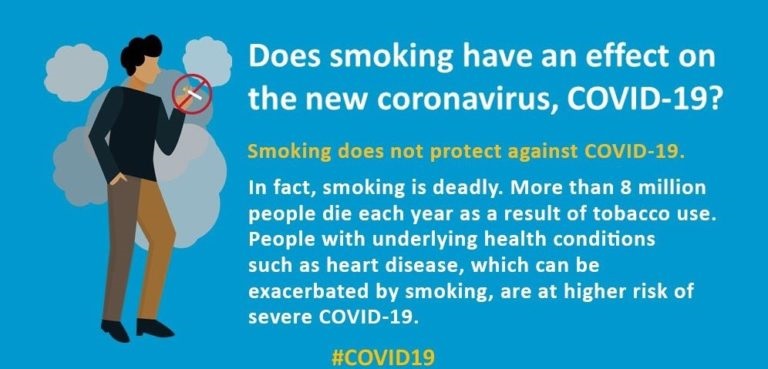
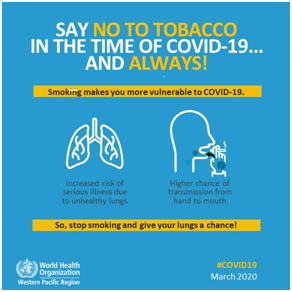
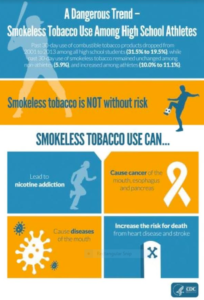
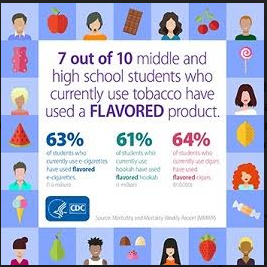
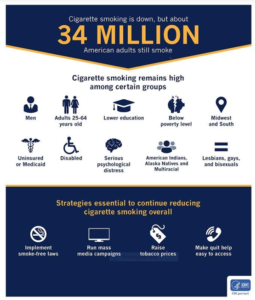
New Tobacco Sales “T21” Tobacco 21
Effective October 1, 2019, the statewide sales age increases to 21 for all tobacco products, including electronic smoking devices (e-cigarettes, vapes, pod-based devices such as JUUL and their e-liquids, and component parts and accessories).
The only exemption to this law is for active duty military personnel ages 18 or older with valid military identification.
Valid driver’s license or other valid government-issued ID are the only acceptable forms of identification for tobacco purchases (employer or school ID not permitted).
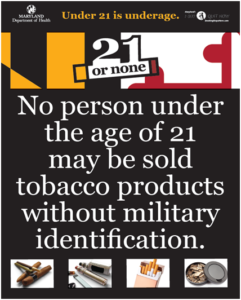
Outbreak of Lung Injury Associated with
E-Cigarette Use, or Vaping
- As of February 4, 2020 2,758* cases of e-cigarette, or vaping, product use associated lung injury (EVALI) have been reported to CDC from 50 states (all except Alaska), the District of Columbia, and 2 U.S. territories (Puerto Rico and U.S. Virgin Islands).
- Sixty Four deaths have been confirmed in 27 states and the District of Columbia.
- https://www.cdc.gov/tobacco/basic_information/e-cigarettes/severe-lung-disease.html
What is in e-cigarette aerosol?
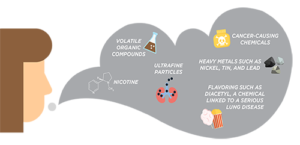
The Tobacco Use Prevention and Cessation program is dedicated to keeping youth from starting smoking/vaping and helping adult smokers quit, as well as protecting children from secondhand smoke.
Quit Resources:
Quit Lines
- 1-800-QUITNOW (1-800-784-8669)
- 1-855-DEJELO-YA (1-855-335-3569)
Teen Quit Smoking Resources
- Smoke Free Teens:
http://teen.smokefree.gov/smokefreeTXT.aspx
- Become an Ex:
